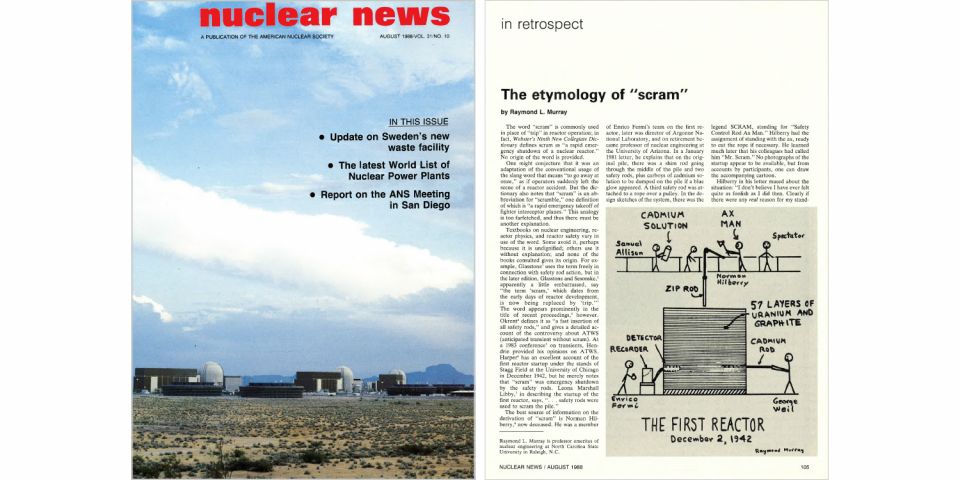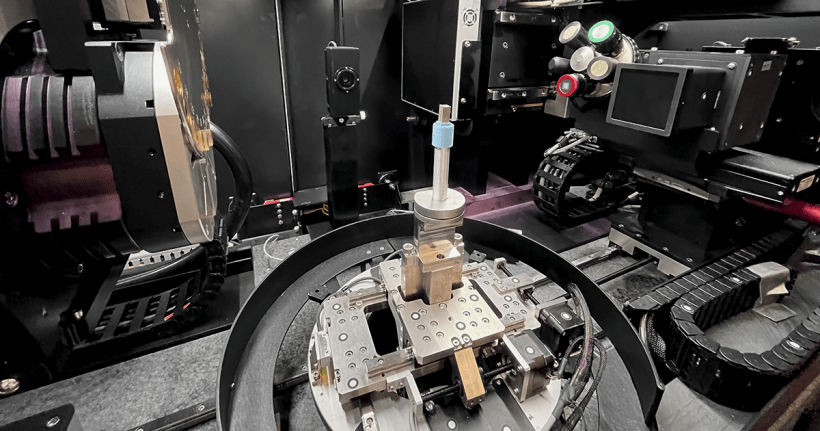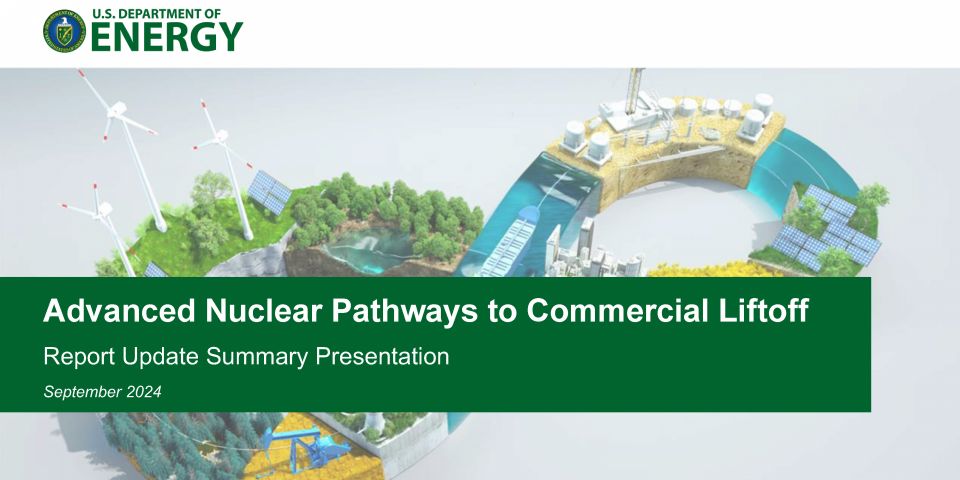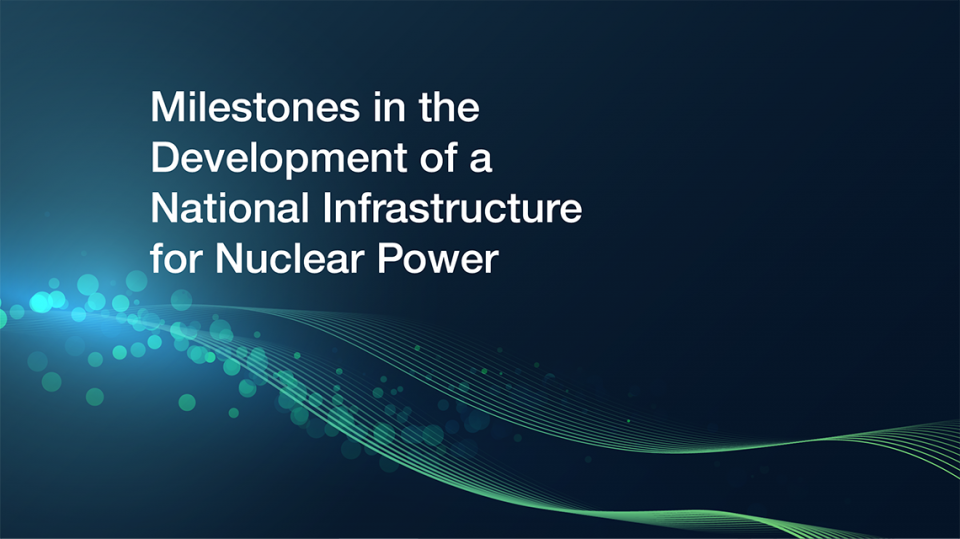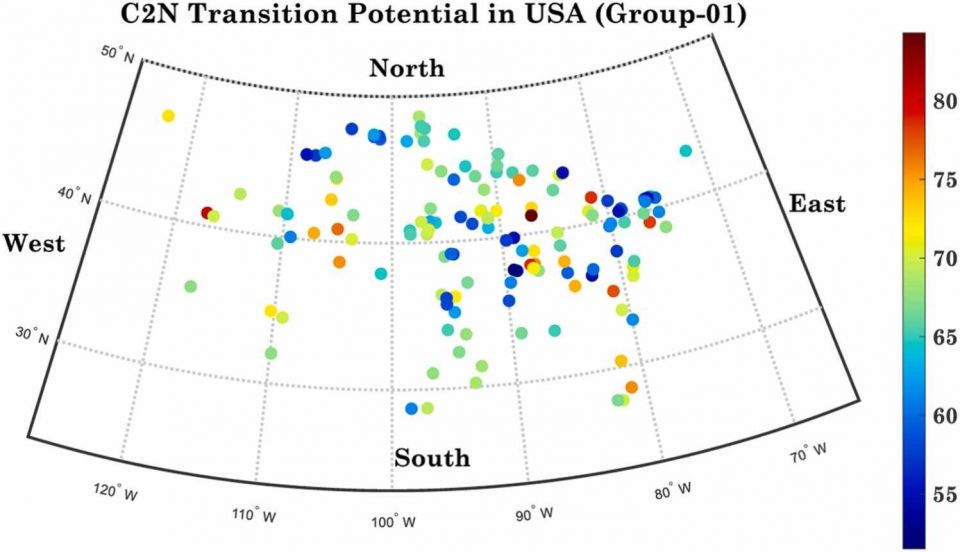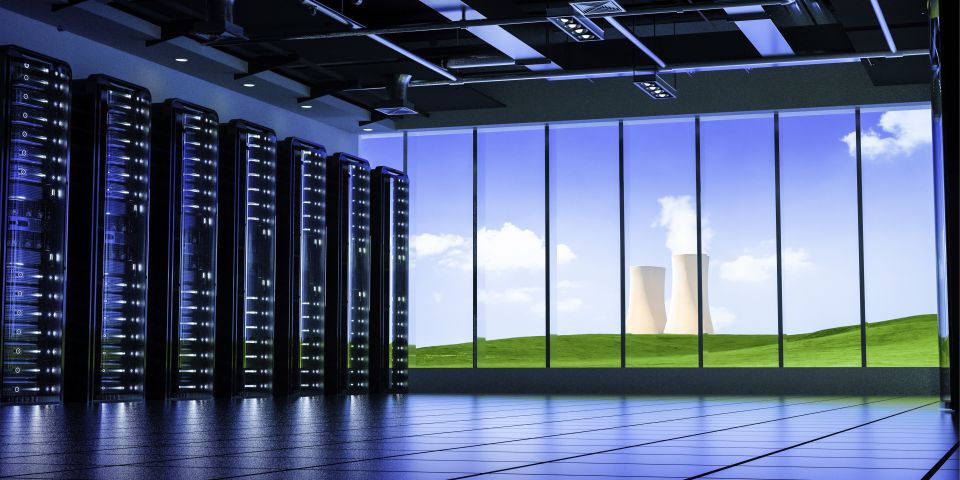EU Taxonomy to Include Nuclear Energy as Sustainable Energy Source ANS Position
A PDF version of the letter can be downloaded here.
I write on behalf of the American Nuclear Society (ANS) to recommend the EU’s inclusion of nuclear energy as a sustainable energy source securing Europe’s prosperous future. ANS and the 10,000 nuclear technology professionals it represents are committed to advancing, fostering, and promoting the development and application of nuclear sciences and technologies to benefit humanity.
Society’s demand for energy increasingly calls for sustainable options. This signifies developments in transport, digitalization, urbanization, and the ever more connected features of the built environment worldwide. In addition to growing demand for electricity, significant energy will be required for industry and transportation, including the use of process heat for water desalination, chemical refining, and district heating to name a few.
Today, nuclear energy represents 11% of the global electricity supply. In Europe, consumers rely on nuclear’s steady performance to provide reliable, economic, safe, and secure electricity for 26% of their supply. 104 nuclear power plants generate the 26% while also ensuring almost 50% of Europe’s low-carbon electricity.
Various countries worldwide have recognized the importance of having nuclear energy as part of their energy mix. Europe, Poland, Czech Republic, Hungary, Romania, France, and the Netherlands consider nuclear a vital part of their transition to a more sustainable reliable, affordable, safe, secure, and clean energy mix.
The safe, economic, and ecologic performance of nuclear energy has been proven worldwide. Over the last five decades, the industry has amassed a solid record of operation performance and developed new advanced nuclear technologies for a brighter future.
A worldwide expansion of nuclear energy with advanced technologies can avoid natural resource limitations while reducing the socio-political burdens on the management of spent fuel and radioactive waste.
Nuclear operators have demonstrated that radioactive waste from nuclear energy and any other use of nuclear material can be safely and securely managed with proven interim storage solutions. In addition, nations like Finland, Sweden, France, and Belgium have made tangible progress in the design and siting permanent disposal infrastructure.
Likewise, the used fuel management in the United States, home of the largest inventory of used light water reactor fuel, has been well managed for decades, and there are no technological barriers to the use of interim storage of such spent fuel for the next century and beyond.
Interim storage allows societies to assess new approaches and technologies that will achieve long-term solutions and options continue to emerge with the help of research and development. The reuse of various materials in new nuclear fuel has been demonstrated and even repurposed as radioisotopes for nuclear medicine, food safety and quality, and other important societal needs. We recommend continuous improvement towards a more sustainable use of such solutions.
We also encourage that the Joint Research Centre’s (JRC) expert assessment on nuclear energy be completed before any delegated regulations are developed. Management of used nuclear fuel was cited as a key concern during the promulgation of the EU taxonomy. In our expert opinion, spent nuclear fuel can and is safely managed today and will be in the foreseeable future.
The experience in Europe, the United States, and many other countries using nuclear energy and other applications of nuclear science and technology personifies the nuclear industry as an exemplar of circular economics – no other power source is held to the same account for full life cycle responsibility. The nuclear community has put in place a systematic management scheme ensuring such sustainable management by:
- Reducing, limiting, or even recycling materials used in nuclear energy at the extent to minimize the ultimate waste volumes;
- Develop and operate interim storage solutions for waste where the final solution is under development, awaiting realization of the scientifically and technologically sound final waste management solutions;
- Developing and deploying these final waste management solutions aligned with the socio-political debate on such solutions.
It is important to recognize that nuclear energy can provide multiple sustainable waste management solutions given the very small volume of waste to be managed while ensuring competitive generation of dispatchable, zero carbon energy at scale for centuries.
The ANS strongly recommends that the EU include nuclear energy as a clean and sustainable energy source and that it be treated on a level playing field in any subsequent regulations with other clean and sustainable energy sources in order to secure Europe’s prosperous future. Creating unwarranted barriers to the inclusion of nuclear in Europe’s clean energy mix by promulgating regulations before the JRC’s expert assessment is complete will have clear, negative impacts on Europe’s economic, industrial, health, and overall societal well-being.
Sincerely,
Craig H. Piercy, Executive Director/CEO
American Nuclear Society


